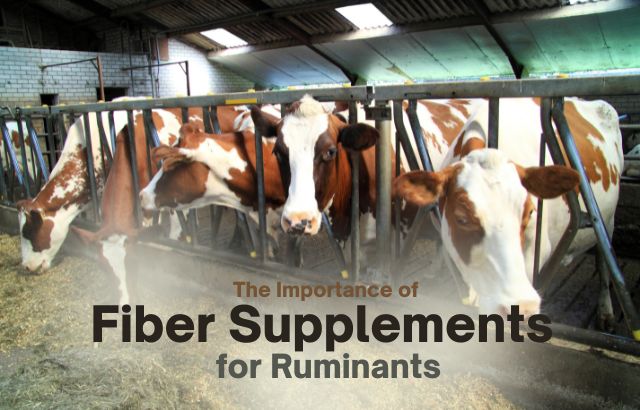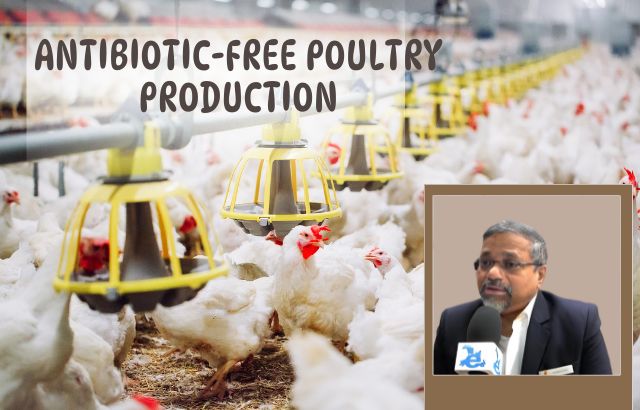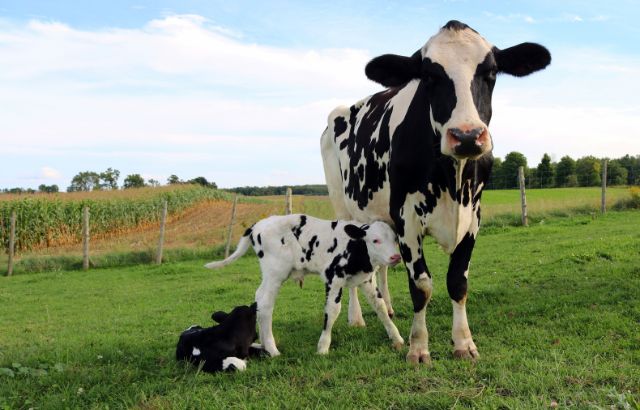Ruminants, including cattle and goats, have unique digestive systems that allow them to break down fibrous plant materials. However, sometimes their diets lack sufficient fiber, which can lead to digestive issues and compromised rumen health. This is where fiber supplements come into play. In this blog, we’ll explore the role of fiber supplements, provide examples, and answer some frequently asked questions.
Why Fiber is Essential for Ruminants
1. Digestion and Fermentation
Ruminants possess a specialized stomach structure that enables them to ferment food through microbial action. Fiber promotes the growth of beneficial bacteria, aiding in the fermentation process. A proper balance of fiber is essential to ensure efficient digestion.
2. Rumen Health
Adequate fiber intake supports a healthy rumen environment. It helps maintain optimal pH levels and prevents conditions like acidosis, which can occur when there’s an overload of carbohydrates and insufficient fiber.
3. Nutrient Absorption
Fiber is crucial for the absorption of nutrients. It helps slow down the passage of feed through the digestive system, allowing for better nutrient absorption and improving overall health.
Types of Fiber Supplements
1. Forage-Based Supplements
- Alfalfa Hay: High in protein and digestible fiber, ideal for lactating cows and growing goats.
- Timothy Hay: Offers a good balance of fiber and nutrients, suitable for maintaining rumen health.
2. Byproduct Feed
- Beet Pulp: A palatable source of fiber that is highly digestible and often used in cattle diets.
- Soy Hulls: Rich in fiber and low in non-fiber carbohydrates, beneficial for ruminants needing additional bulk.
3. Commercial Fiber Supplements
- Fiber Blocks: These are concentrated sources of fiber, often with added vitamins and minerals, to enhance overall diet quality.
- Pelleted Fiber Supplements: Easy to administer, these provide a controlled amount of fiber and can be tailored to specific nutritional needs.
Benefits of Fiber Supplements
- Improved Digestion: Helps prevent bloating and promotes a healthy digestive process.
- Enhanced Rumen Function: Supports microbial growth and optimal rumen activity.
- Better Feed Efficiency: Animals are able to extract more nutrients from their feed, promoting growth and milk production.
FAQs About Fiber Supplements for Ruminants
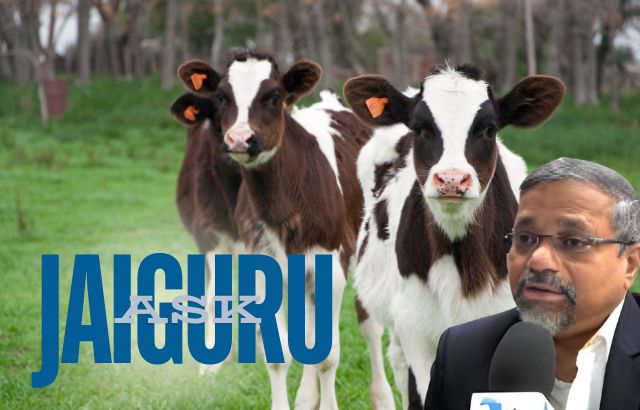
Q1: How do I know if my ruminants need fiber supplements?
A1: Look for signs of digestive distress, such as bloating, reduced feed intake, or changes in manure consistency. Consulting with a veterinarian or animal nutritionist can provide tailored advice.
Q2: Can I give my ruminants too much fiber?
A2: While fiber is essential, excessive amounts can lead to poor nutrient absorption and reduced energy intake. A balanced diet is crucial, so it’s best to consult an expert.
Q3: What is the best time to introduce fiber supplements?
A3: Fiber supplements can be introduced during dietary transitions, such as weaning or changes in feed. Always start gradually to allow the rumen to adjust.
Q4: Are there any side effects of fiber supplements?
A4: Generally, fiber supplements are safe, but introducing them too quickly can lead to digestive upset. Monitor your animals closely and adjust as needed.
Q5: How can I incorporate fiber supplements into my ruminants’ diets?
A5: Mix fiber supplements into their regular feed or provide them separately. Ensure that the total diet meets their nutritional requirements.
Conclusion
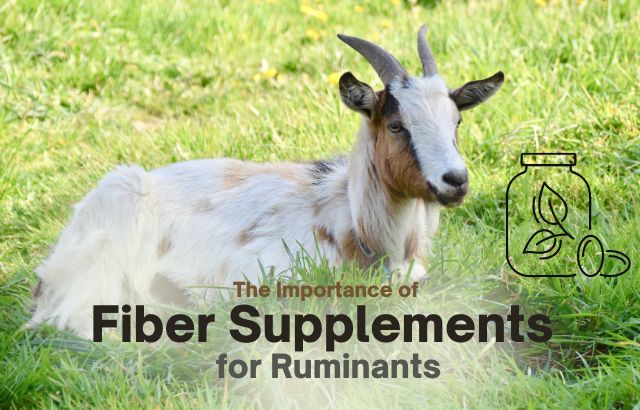
Fiber is a cornerstone of ruminant nutrition, and fiber supplements play a vital role in maintaining digestive health and overall well-being. By incorporating the right sources of fiber into your ruminants’ diets, you can enhance their health, productivity, and longevity. Always consult with a nutritionist to ensure your livestock are getting the best care possible.

